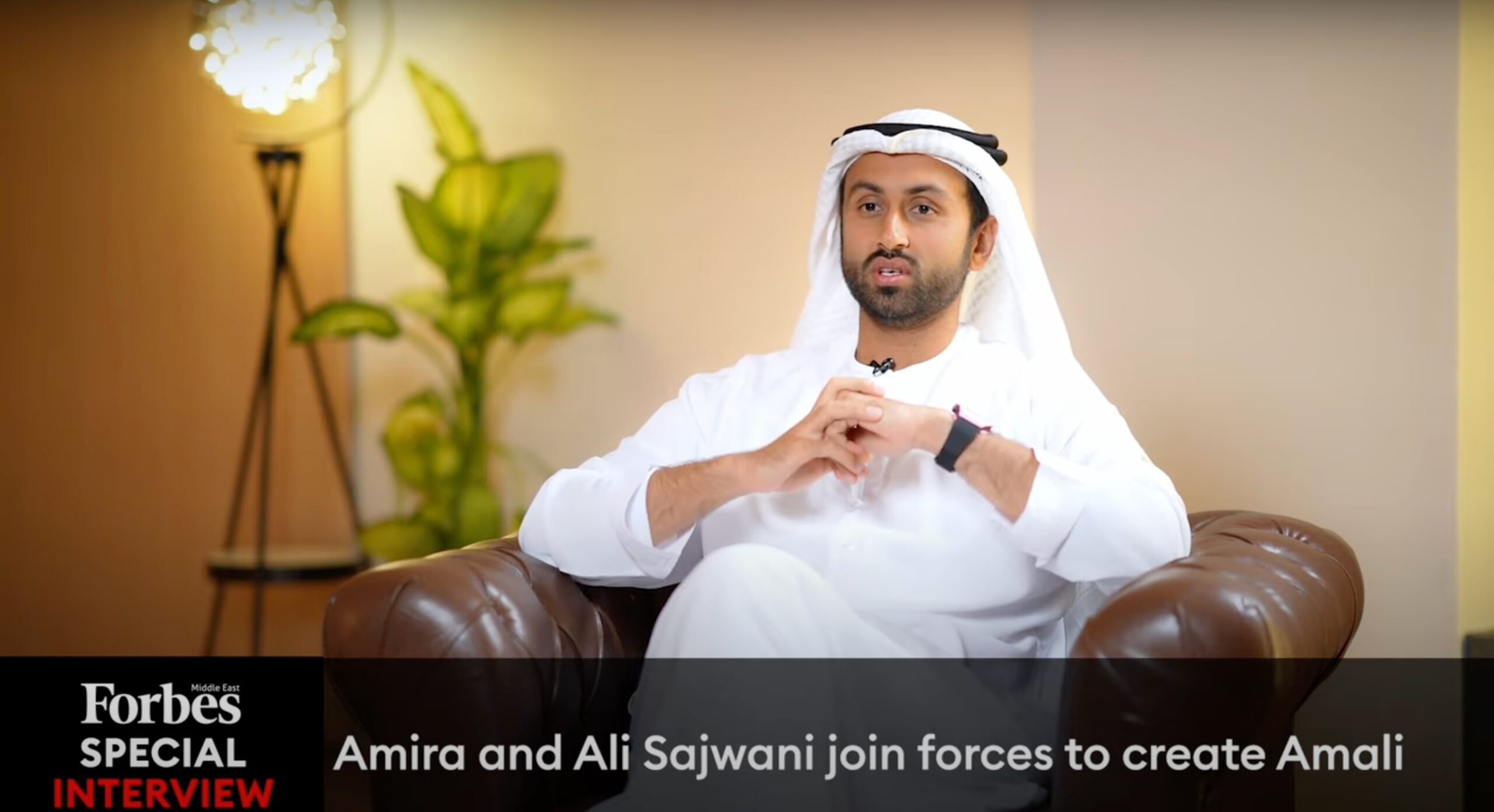The General Manager – Operations of DAMAC Properties, Ali Sajwani, talks to Construction Week’s deputy editor, Anup Oommen, about the challenges faced by the Dubai Financial Market-listed real estate developer in 2020, the need to leverage digital technologies, as well as DAMAC’s revenues and deliveries.
DAMAC started with a major digital transformation in the company towards the end of 2019. The real estate developer moved all its approvals and internal systems online; started implementing new CRM systems and new ERPs; and accelerated its digital plans due to COVID-19.
“2020 has been quite a unique year for everyone around the globe, and it’s far from over,” Ali Sajwani says. “This year has felt like 10 years in one.”
“Because of COVID-19 our digital application got fast-tracked, so our customers don’t have to visit us anymore for transfer of properties, payments of service charges, installments, or booking a conference room in a building they live in, or booking a tennis court at DAMAC Hills. They can do it all through the application, and we have more than 10,000 downloads for the application already.”
DAMAC has also started leveraging the virtual reality experience for its investors, buyers, and tenants.
“If someone sitting in Timbuktu wants to see what the view is out of his balcony in his home in Dubai, or what the spaces are like in the apartment, we can send him a file and he can take a look at all of that,” Sajwani adds.
Furthermore, DAMAC recently revealed its revenues for the first nine months of 2020, with total revenue up 32% year-on-year at $1.007bn (AED3.7bn), and booked sales at $435.6m (AED1.6bn), but still reporting a net loss of $253.4m (AED931m) in the first nine months of 2020.
Commenting on the results, Sajwani says: “The property market is quite cyclical, globally. It’s no secret that Dubai has been going through a downtrend. The market has been slow the past few years. The reason for the increase in our loss in 2020 is, first of all, COVID-19. As you know, it’s caused an issue for all businesses, not just us. The bulk of our losses during 2020 were due to provisions, and impairment of development property. We see increased defaults coming due to the global pandemic, so again, we took provisions on our receivables.
“Having said that, our receivables are very strong. We saw a reduction in our receivables in the months of February and March. After that, we’ve been hitting better numbers than we did in January. We have many more deliveries coming on board. As more and more deliveries happen, the receivables will go down as more people pay to take possession of their homes.”
When asked about how 2020 is likely to end, and about his outlook for 2021, Sajwani says: “We do not think that 2020 is going to improve. We think that this pandemic is here to stay for a little while longer. There’s been positive news about vaccine development recently in the past two weeks — but of course, getting the vaccine is one thing, and getting it globally distributed is another.
“We’re not expecting things to improve drastically till at least the end of H1 2021. Following that, we’re hoping to look to the Expo to act as a catalyst to reignite the market in Dubai.”
Expo 2020 Dubai, the World Expo, will open its doors on 1 October, 2021. Approximately 25 million visitors are expected – with more than 70% from outside the UAE – during the World Expo, which will run for 173 days.
“I think the Expo is going to bring in millions of visitors to Dubai, and I think a lot of those visitors are going to be quite surprised by what they see here. I also think there’s going to be a big influx of people wanting to move here,” Sajwani concludes.


